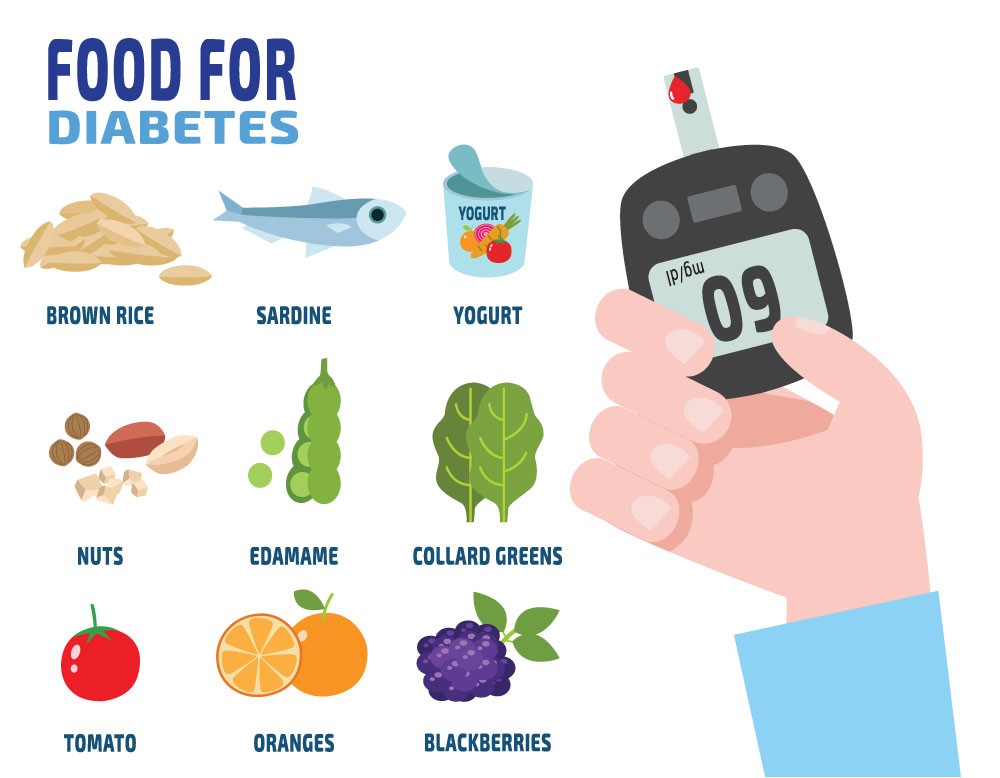Table of Contents
ToggleHow to Control Blood Sugar: Easy Steps for Managing Diabetes
Learn how to lower your blood sugar naturally with these 14 effective tips. From diet changes to exercise, discover safe and simple ways to manage your glucose levels.
Struggling with high blood sugar? Discover proven strategies to reduce blood sugar levels safely through diet, exercise, and lifestyle adjustments.
Reducing blood sugar levels is essential for managing diabetes and maintaining overall health. Here are some practical and effective strategies to help lower your blood sugar naturally:
- Monitor Carbohydrate Intake
Carbohydrates have a significant impact on blood sugar levels. When you eat carbs, your body breaks them down into glucose, raising blood sugar. To manage this:
Choose complex carbohydrates like whole grains, legumes, and vegetables.
Avoid refined carbs such as white bread, sugary cereals, and processed foods.
Use portion control and consider carbohydrate counting if you have diabetes.
- Increase Fiber Consumption
Fiber, particularly soluble fiber, slows down the absorption of sugar, which helps to control blood sugar spikes.
Foods rich in fiber: Vegetables, fruits, whole grains, legumes, and seeds.
Aim for at least 25–30 grams of fiber daily.
- Exercise Regularly
Physical activity increases insulin sensitivity and helps your muscles use glucose more effectively. This leads to lower blood sugar levels.
Aerobic exercises such as brisk walking, cycling, or swimming are beneficial.
Strength training with weights or resistance bands also improves blood sugar management.
- Stay Hydrated
Drinking plenty of water helps your kidneys flush out excess sugar through urine. Dehydration can lead to higher blood sugar levels.
Aim for at least 8–10 glasses of water per day.
- Manage Portion Sizes
Eating in large portions can cause sudden spikes in blood sugar. By eating smaller, more frequent meals, you can prevent these fluctuations.
Practice mindful eating and avoid overeating.
- Choose Low Glycemic Index (GI) Foods
The Glycemic Index measures how quickly a food raises blood sugar. Low GI foods cause slower, more gradual increases in blood sugar.
Low GI foods include nonstarchy vegetables, legumes, quinoa, and most fruits like apples, pears, and berries.
- Get Enough Sleep
Poor sleep can affect how your body uses insulin and increase blood sugar levels.
Aim for 7–9 hours of quality sleep each night to help regulate hormones that control blood sugar.
- Reduce Stress Levels
Stress triggers the release of hormones like cortisol that can raise blood sugar levels. Managing stress can help maintain stable blood sugar.
Practice relaxation techniques such as deep breathing, yoga, meditation, or hobbies that help you unwind.
- Take Apple Cider Vinegar
Some studies suggest that apple cider vinegar may improve insulin sensitivity and lower blood sugar after meals.
Dilute a tablespoon of apple cider vinegar in water and consume before meals to help reduce postmeal blood sugar spikes.
- Consider Cinnamon Supplements
Cinnamon has been found to improve insulin sensitivity and lower blood sugar levels in people with type 2 diabetes.
You can add cinnamon to your diet by sprinkling it on oatmeal, smoothies, or taking supplements (after consulting with your doctor).
- Eat Balanced Meals with Protein and Healthy Fats
Eating meals with a balance of protein, healthy fats, and carbohydrates helps regulate blood sugar.
Healthy fats: Avocados, nuts, olive oil, and fatty fish.
Protein: Chicken, fish, eggs, beans, and lentils.
- Avoid Sugary Foods and Beverages
Foods and drinks high in sugar cause immediate spikes in blood sugar levels and contribute to insulin resistance over time.
Replace sugary drinks with water, herbal teas, or unsweetened beverages.
- Monitor Blood Sugar Levels Regularly
Keeping track of your blood sugar levels can help you identify what foods and habits affect them.
Use a glucose monitor and work with your healthcare provider to maintain your target blood sugar range.
- Consult Your Doctor About Medication
If lifestyle changes alone aren’t enough, your doctor may prescribe medications to help lower blood sugar, such as Metformin or insulin. Always consult your doctor for personalized advice.

Conclusion
Lowering blood sugar levels requires a combination of dietary changes, regular physical activity, stress management, and proper sleep. For individuals with diabetes, these lifestyle strategies can complement medical treatment to better manage blood sugar levels and improve overall health. Always consult your healthcare provider before making significant changes to your diet or exercise routine.
